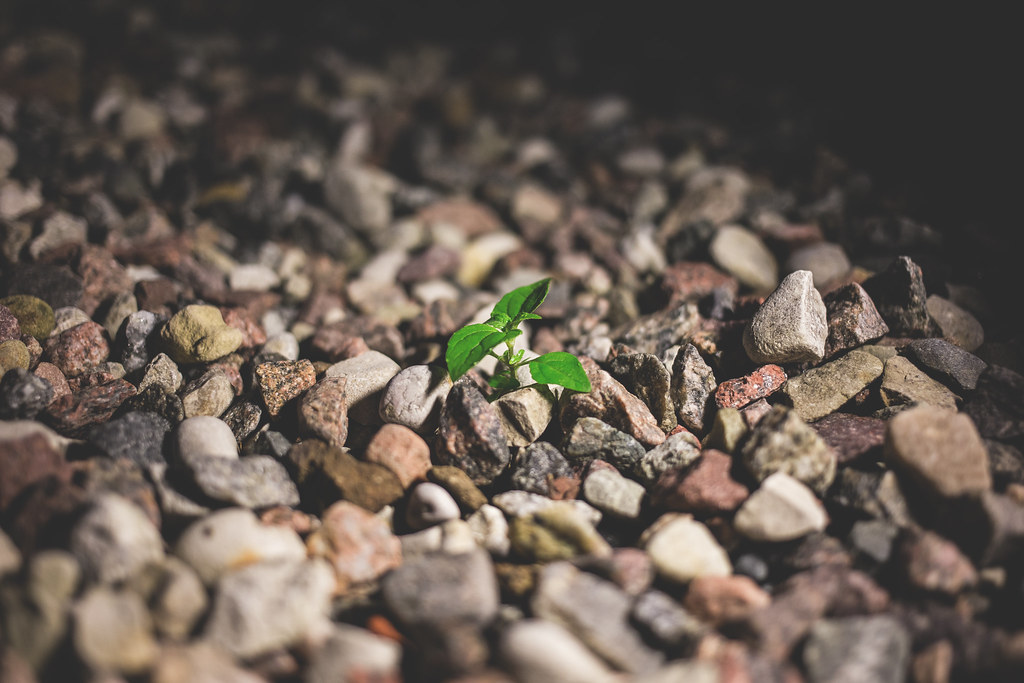
Waste – where does it all come from, where does it all go? In a closed system (Earth), a little of it goes everywhere and all of it goes nowhere. We ‘deal’ with waste by putting it out of view, all the while we make more stuff, want more stuff, buy more stuff, sell more stuff, invent fake stuff to buy and sell, even if it’s a ponzi scheme [Narrator: It’s a ponzi scheme].
Now comes the lament that the good days of cheap goods and easy access to them is coming to an end. It is but a scare tactic. And from the perspective of waste – and not only that – were those days so good? The ethos, such as it is, of disposable _____ (goods, culture, food) creates a self-fulfilling emptiness. We could argue that cultivation of these seeds of despair have bloomed and blossomed, and as we feast upon them, they only serve to further famish. Why? What’s the mystery? From wanting nothing issues the inability to figure out what is wanted, what is meaning, what’s it’s all for. As the noted philosopher Jethro Bodine reminds us, “naught from naught equals naught.”
We shudder at the very thought of empty shelves or infringements on long commutes, when fewer shelves and shorter drives represent a signal turn for the better. But gladly to rush into the arms of division and destruction only to maintain the misery fix, we’re only the worse and will fight to keep it.
These failings are ours, but within them lay great tools of rebuilding – not more new things, but better new selves. All of our many advantages were not achieved just to make money off of money, but to make music – whether that means actual notes and tones to you or not – to enjoy and enjoin.
How to channel the urge to exploit? Realize every instance of the act reserves a double portion for the actor and we won’t need to worry with saving the Earth (closed system) when we get serious about saving ourselves.
Two good shoes and all.
